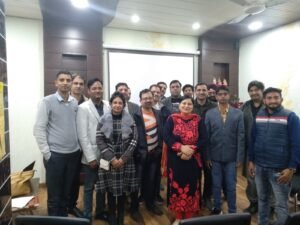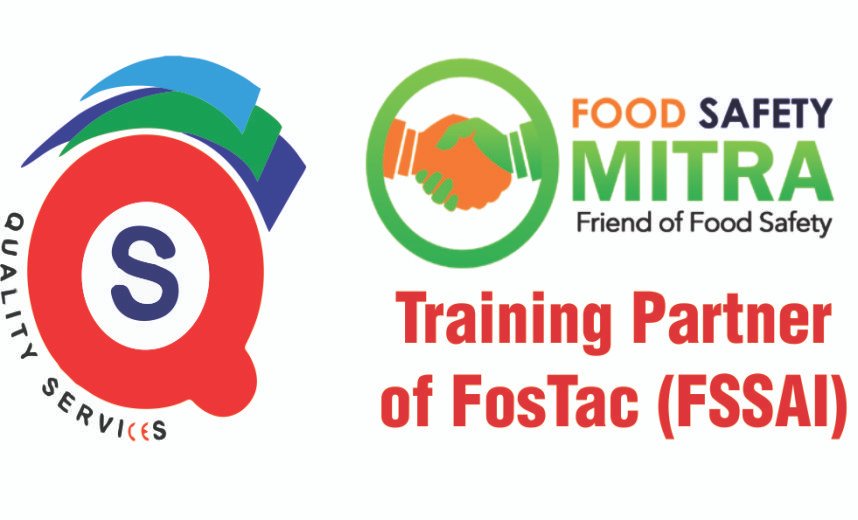Navigating Food Safety: Understanding the Three Categories of FSSAI Licensing
Introduction:

Ensuring the safety and quality of food products is paramount for both consumers and businesses in the food industry. In India, the Food Safety and Standards Authority of India (FSSAI) plays a crucial role in regulating and overseeing the safety standards of food products. FSSAI licensing is a mandatory requirement for all food businesses operating in the country. The licensing system is designed to categorize businesses based on their size, scale, and nature of operations. In this blog, we will delve into the three primary categories of FSSAI licensing, shedding light on the distinctions and requirements associated with each.
FSSAI Basic License:
The FSSAI Basic License, also known as the Registration License, is the entry-level license suitable for small-scale food businesses. Businesses falling under this category include petty retailers, hawkers, itinerant vendors, and small-scale manufacturers. The primary objective of the Basic License is to ensure that even the smallest food businesses adhere to basic hygiene and safety standards.
Key features of FSSAI Basic License:
- Annual turnover should not exceed Rs. 12 lakhs.
- Suitable for small-scale food businesses.
- Basic hygiene and sanitary requirements must be met.
- Application process is relatively straightforward.
- The validity period is typically 1 to 5 years.
FSSAI State License:
The FSSAI State License is the mid-level license suitable for medium-sized food businesses. This category includes businesses that operate within the boundaries of a particular state. The State License is more comprehensive in its requirements compared to the Basic License, as it caters to businesses with larger turnovers and more complex operations.
Key Features of FSSAI State License:
- Annual turnover ranges from Rs. 12 lakhs to Rs. 20 crores.
- Suitable for medium-sized food businesses operating within a state.
- More extensive documentation and compliance requirements.
- The application process involves greater scrutiny.
- The validity period is typically 1 to 5 years.
FSSAI Central License:
The FSSAI Central License is the highest level of licensing and is mandatory for large-scale food businesses that operate at a national level or have an annual turnover exceeding Rs. 20 crores. This category involves businesses with extensive operations, a wider product range, and a significant impact on the overall food industry.
Key Features of FSSAI Central License:
- Annual turnover exceeds Rs. 20 crores.
- Mandatory for large-scale businesses operating at a national level.
- Stringent compliance requirements, including regular inspections.
- In-depth scrutiny of documentation and quality assurance measures.
- The validity period is typically 1 to 5 years.
Conclusion:
In conclusion, FSSAI licensing is a critical aspect of ensuring the safety and quality of food products in India. By categorizing businesses into Basic, State, and Central licenses, the FSSAI aims to tailor its regulatory requirements to the scale and nature of operations of each business. Whether you are a small local vendor or a national food conglomerate, compliance with FSSAI standards not only ensures legal adherence but also instills consumer confidence in the safety and quality of the products they consume
